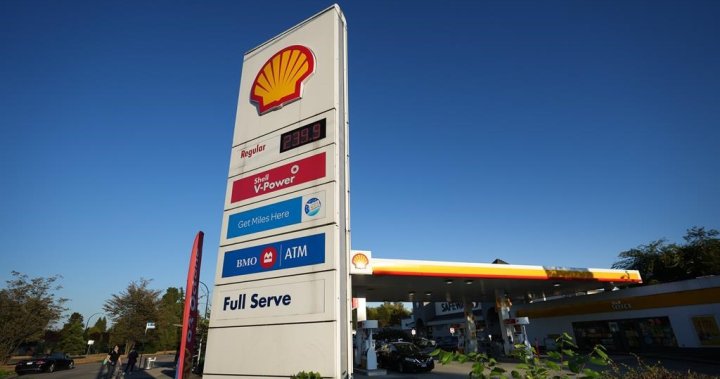
Oil companies can only decarbonize as fast as the rest of the economy: Shell Canada
Global News
While Shell has its own net-zero ambitions, Susannah Pierce said the speed of global decarbonization is dependent on the entire economy transitioning, not just the energy sector.
The fossil fuel industry is increasingly under the microscope for its contribution to climate change, but the president of British oil giant Shell’s Canadian subsidiary says oil and gas companies can’t be held solely responsible for the pace of the global energy transition.
Shell Canada president Susannah Pierce made the comments Thursday in an interview in Calgary, where hundreds of executives and government officials from oil-producing nations around the world are arriving this weekend for the 24th World Petroleum Congress that kicks off Sunday.
The event, which was last held in Canada in 2000, is one of the world’s premier oil-and-gas conferences.
The theme of this year’s forum, at which industry heavyweights such as Exxon Mobil CEO Darren Woods and Saudi Arabia’s Minister of Energy are scheduled to speak, is the energy transition and the industry’s net-zero greenhouse gas emission goals.
Pierce, who is fresh off being named Business Leader of the Year by the Canadian Chamber of Commerce this week, is also speaking at the congress.
While Shell has its own net-zero ambitions — the company is investing in electric vehicle charging, hydrogen, biofuels and wind and solar energy, in addition to traditional oil and gas — Pierce said the speed of global decarbonization is dependent on the entire economy transitioning, not just the fossil fuel sector.
“We’re still a very largely fossil fuels-based economy, if you look across the various different sectors,” she said.
There has been renewed demand for traditional fossil fuels in the wake of Russia’s invasion of Ukraine last year, which has prompted global concerns about energy security.
